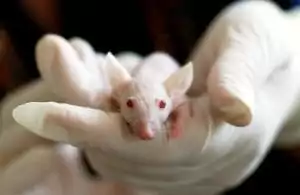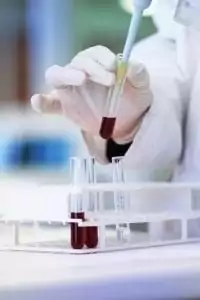Laboratory veterinary medicine or laboratory animal medicine is a specialty in the field of veterinary medicine that focuses on improving the welfare of research animals by providing quality animal care. The veterinarians working in research establishments care for a wide variety of species, from rodents to primates. Caring for laboratory animals ensures good outcomes from the research so it’s very important to develop preventative animal health programs and clinical practice in research facilities.
Laboratory animal veterinarian

Besides implementing welfare, lab animal veterinarians make diagnoses, treat diseases, provide prophylactic care and vaccinations, and perform euthanasia when necessary. According to their job descriptions, they are also responsible for training technicians and researchers on how to handle and care for the animals properly and the humane methods of restraining and performing surgery. They teach the staff about the appropriate use of analgesics and anesthetics and oversee husbandry programs.
Because of the fact that in a laboratory establishment there can be various species of animals, veterinarians must adapt to the different needs of each animal and prevent any deviations from what can be considered a normal lifestyle and normal living conditions for the specimens. This goes for environmental and nutritional requirements and minimization of the risks for diseases.
Laboratory animal vets can design research facilities for animals or manage them. In these facilities, they may conduct comparative medicine research independently and focus on different fields such as nutrition, drug therapies, diseases, surgical techniques or medical procedures. Serving as specialists in the field they are often called upon by other relevant organizations that require their expertise and skills.
Education and certification

After graduating, veterinarians may specialize in the field of laboratory animal medicine by completing a residency which lasts from 2 to 3 years. During this time they are extensively trained in various fields such as research guidelines, animal husbandry, pathology, animal models of human disease, surgery, behavioral management, and preventative medicine programs. Usually, residents can choose whether they want to focus on primates or other species of laboratory animals. In the end, each resident is required to prepare a research thesis in most cases. Getting certified by the ACLAM (American College of Laboratory Animal Medicine) means that you successfully finished your residence and passed the examination. There are situations where significant work experience and published research regarding laboratory animal medicine can pardon you from completing a residence in order to get you certified.
If you liked this article, read “Veterinary Specialties” on our blog.
